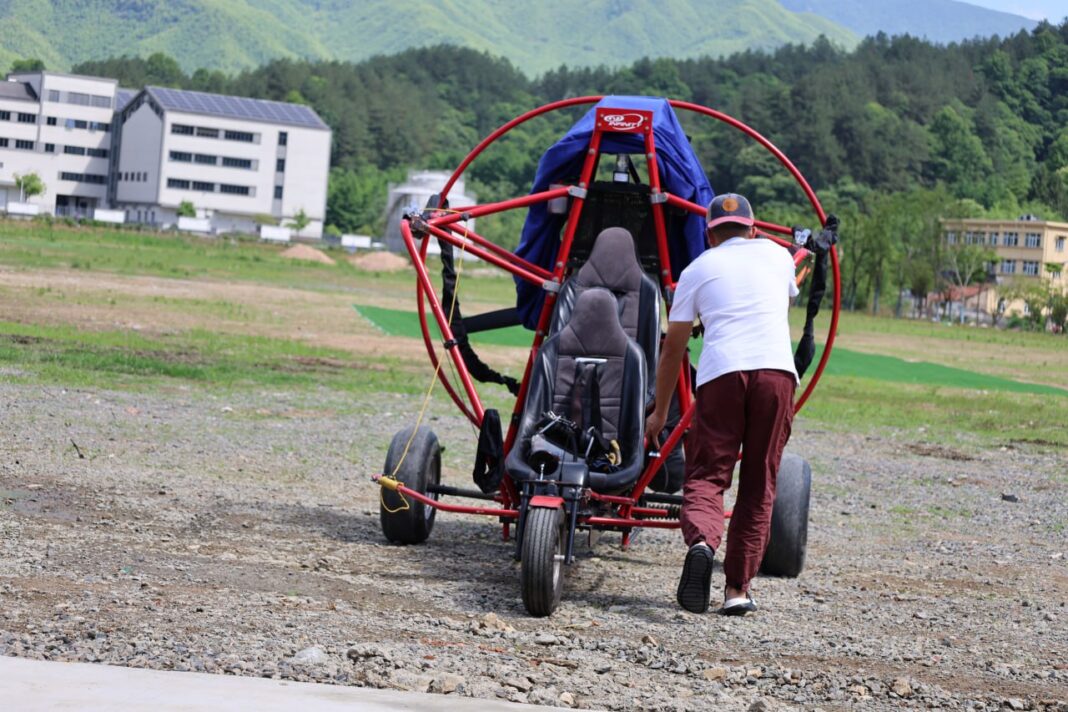Multiple recent scientific studies have raised alarm over a looming global water crisis, with Africa among the most vulnerable regions. New research published in prestigious journals reveals that “day zero” drought events—moments when cities or regions completely run out of water—may become more frequent and severe over the coming decades, affecting hundreds of millions of people worldwide.
A notable study released in the journal Nature Communications by researchers from Pusan National University in South Korea projects that by 2100, under a high greenhouse gas emissions scenario, approximately 750 million people globally could face unprecedented water scarcity. Alarmingly, nearly two-thirds of these individuals reside in urban areas. The study highlights northern and southern Africa as hotspot regions carrying disproportionate burdens of water stress, alongside the Mediterranean and parts of Asia.
The lead researcher, PhD candidate Vecchia Ravinandrasana, noted that global warming drives and accelerates these extreme drought conditions worldwide. “Even if global warming is capped at 1.5°C, hundreds of millions can expect unprecedented water shortages,” she said. The Mediterranean region, encompassing North African nations and European neighbors, is especially at risk, warming 20% faster than the global average. Around 196 million city residents in this region face exposure to severe drought events.
Africa’s water crisis is both natural and man-made. While the continent boasts vast water resources, uneven distribution, climate change-induced droughts, population growth, and poor infrastructure exacerbate shortages. Over 400 million Africans currently lack consistent access to clean drinking water, fueling health crises and undermining livelihoods.
In Nigeria, more than 80 million people—the largest number worldwide—remain without electricity-powered water access, compounding water scarcity challenges. The Democratic Republic of Congo and Ethiopia add another estimated 130 million people facing water insecurity, collectively accounting for nearly one-third of Africans living without reliable water supply.
The health impacts are dire. The World Health Organization estimates that indoor air pollution from burning kerosene, candles, and firewood kills around 700,000 Africans annually, largely through pneumonia among children, respiratory and cardiac diseases, and lung cancer. Waterborne diseases from unsafe drinking water further burden vulnerable populations.
Meanwhile, climate variability fuels frequent drought cycles, desertification, and depletion of groundwater and glacial resources essential for rivers and agriculture. Failed rainy seasons lead to crop and livestock losses, threatening food security and intensifying poverty. In areas like the Sahel, water conflicts between pastoralists and farmers escalate, leading to displacement and regional instability.
Experts emphasize that immediate governmental policy reform, regional cooperation, and climate-smart investments in water management infrastructure are essential to avert worsening shortages. Innovative solutions like rainwater harvesting, irrigation efficiency, and large-scale projects such as Ethiopia’s Grand Renaissance Dam offer hope but require diplomatic coordination and significant funding.
Renewed focus on climate-resilient agriculture and ecosystem restoration, such as the Great Green Wall initiative, seek to combat desertification and rehabilitate degraded land. However, insufficient financing and technological adoption remain significant constraints to turning strategies into outcomes.
The private sector is emerging as a critical partner in bridging Africa’s water gap. Companies are investing in improved water delivery systems, pollution control, and community development with the dual goals of sustainability and social impact. Additionally, young African innovators are pioneering localized water solutions and technologies to expand access in remote and underserved communities.
Closing Africa’s water scarcity gap is critical not only for public health but also for economic transformation. Reliable access to safe water underpins industrialization, agriculture, education, and gender equity, ultimately influencing the continent’s ability to meet the Sustainable Development Goals and Agenda 2063.
Efforts by regional bodies such as the African Union, Economic Commission for Africa, and Southern African Development Community aim to harmonize policies, attract investment, and prioritize equitable water resource management. Yet, experts warn that without swift action to mobilize financing, build infrastructure, and adapt to climate impacts, Africa risks leaving millions behind in a growing water crisis.






